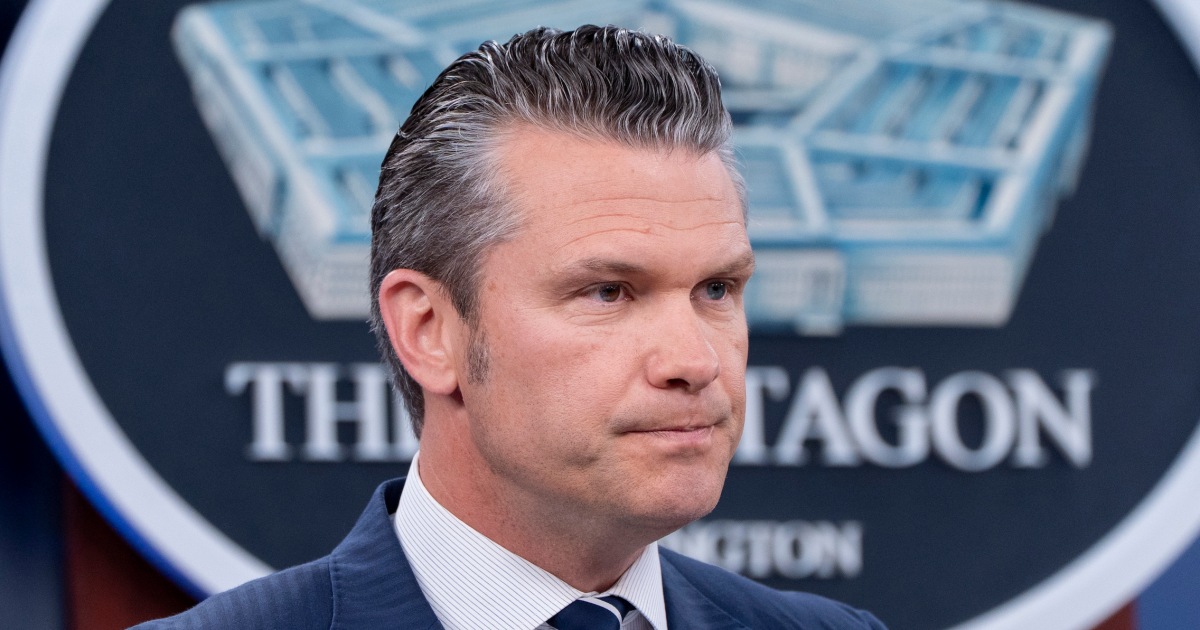Pentagon Implements New Press Restrictions Under Defense Secretary Hegseth

Journalists must now obtain authorization before reporting unclassified information
The Department of Defense announced new restrictions on Friday requiring journalists to obtain government authorization before reporting even unclassified information. Defense officials stated that reporters who do not sign an agreement to these new rules will have their press credentials revoked. The measures also include physical restrictions, limiting reporters' access to large areas of the Pentagon building and requiring escorts for entry to certain sections.
Defense Secretary Pete Hegseth defended the policy change, while press organizations and Democratic lawmakers expressed opposition. Multiple press associations condemned the restrictions, arguing they inhibit transparency and independent reporting on military matters. The National Press Club characterized the requirement as challenging independent journalism in a critical area of government operations.
KEY POINTS
- •Pentagon requires pre-approval for press
- •Press credentials tied to new rules
- •Media groups condemn restrictions
Senator Jack Reed, the ranking Democrat on the Senate Armed Services Committee, criticized the decision as contrary to free speech and press freedom principles. The new policy represents a significant change from previous practices, where Pentagon reporters with badges could access most non-restricted areas of the building. The memo also referenced the Department of War as a secondary name for the Department of Defense, indicating a rebranding effort.
The security measures specify that Pentagon information must receive approval for public release by an authorizing official before distribution, even if unclassified. The policy states that access may be denied or revoked if a person is determined to pose a security risk, including through unauthorized access or disclosure of classified or controlled unclassified information. This represents the latest in a series of restrictions on press access implemented under the current administration.
Journalism organizations, including the Society of Professional Journalists, have called for the measures to be rescinded. Critics of the policy argue that requiring government pre-approval of news about military matters would prevent independent reporting and limit public information to only what officials want released. The Society characterized the policy as a form of prior restraint that threatens press freedom under the First Amendment.